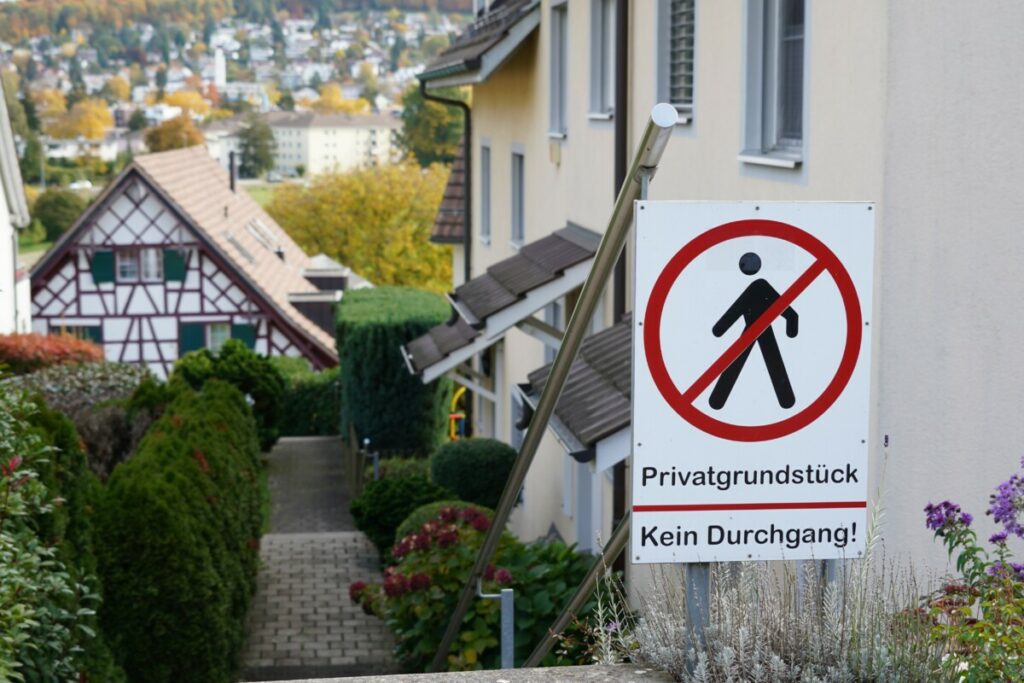
This might come as a surprise, but there is actually a huge difference between German, also called High German, and Swiss German. If you travel to Switzerland only knowing German, you are going to have a very hard time understanding the locals.
One should learn standard German before beginning to learn Swiss German. This is because Swiss German is made up completely of different dialects of German. By learning German first, one will have a foundation to help them learn Swiss German.
Read on to find out the best way to transition from German to Swiss German and how learning this variation in the language will help you as a tourist.
What is Swiss German?
Answering this question can be difficult. This name is an umbrella term for the many different variations spoken in Switzerland. It’s not just one set language. People can usually communicate with one another, but each dialect is unique to the area and community.
Swiss German expands beyond Switzerland to places like northern Italy, where variations of German are spoken. It has many different names, so it can be hard to keep track of. Some of the names are Schwiizerdütsch, Schwyzerdütsch, Schwiizertüütsch, Schwizertitsch, Mundart, and, of course, Swiss German.
Should You Learn German First?
Learning German before you start learning Swiss German will be extremely beneficial. This is because German is a full language, while Swiss German is simply made up of a number of different dialects. So, by learning basic German before you go on Swiss German, you will already know the basics of the language, and learning the other dialect is going to be far easier.
If you are learning German, you are also going to want to learn a bit of French as well, as this will help you learn some of the dialect differences that you will encounter while learning Swiss German.
Swiss German Facts
Swiss German is actually a very fascinating language. While it’s not an official language, it does have its own dictionary. Purchasing one of these will help to learn the small differences.
Swiss German is mostly a spoken language and isn’t commonly found in books. However, recently it has become common to use Swiss German while texting.
Schools in Switzerland teach Swiss German and not regular German and they even have a day to celebrate their language.
Swiss German is the most common language used in Switzerland, more than French, Italian, and Romansh.
A lot of different languages sometimes get grouped under the name Swiss German, even if they are completely different.
How are German and Swiss German Different?

There are many factors that make German and Swiss German different. Switzerland has four official languages: German, French, Italian, and Romansh, and many variations of each. While Switzerland technically classifies German as its official language, it is vastly different from the German that is spoken and heard in Germany, so they coined the term Swiss German.
The main thing that differentiates these two languages is Helvetisms. This means that vocabulary, pronunciation, and syntax of Swiss German are quite different than these aspects of German. People in Germany actually need subtitles when watching Swiss shows and films, that’s how different it is.
Dialect also plays a huge role. Certain areas of Switzerland that speak German even have their own dialects, adding to the confusion. It might sound like a completely different language, but it’s actually just an accent.
Pronunciation is unique in Switzerland as well. There, they use the k sound where ch usually is. An example of this is the word kalt (cold) is chalt in Switzerland. Or koch (cook) is choch.
Swiss German has fewer tenses than High German. There are only two verb tenses in Swiss German, while there are six in High German.
Terminology is the most noticeable difference between the languages. Swiss German words are on the shorter side. Because the country has three other official languages Swiss German is heavily influenced by French, Italian, and Romansh, and some vocabulary is picked up.
The last major difference is slang. As these two languages are found in two vastly different countries it is not surprising that slang and colloquialisms are unique. Learning and using these slang words will help you relate to the people and they will probably be more friendly. Some examples are Z’Nüni (Z=at, nüni=nine), meaning a snack break at 9 am. Abeleere is a word for chugging a drink. Another is Bünzli, or rule follower.
How to Become Fluent
If you already know German, you’re on the right track. Learning German beforehand will help immensely when learning and becoming fluent in Swiss German, as you’re already halfway there. If you don’t already know German, do so. If you’re traveling or moving to Switzerland and you don’t know basic German, you will not be able to understand the locals at all.
Luckily there are a lot of resources where you can learn Swiss German. The easiest way is using an online platform or app. The most highly recommended apps are Grüezi Switzerland, utalk Swiss German, Schweizerdeutsch Lernen, and Dialäkt Äpp.
High German is the language most commonly seen on television, but there are films out there in Swiss German that you can watch that will help with learning the slight differences in the languages. Seeing the words on the screen while you hear them is very helpful when learning and becomming fluent in a language.

Listening to Swiss German music can be a great way to learn Swiss German as well.
Pronunciation is way different in Switzerland, so making sure you know the right pronunciations will help you become fluent.
Another thing that will help you become fluent is doing Swiss German crosswords and puzzles, as they will help you learn more words and know how they are spelled. It’s important to know what it sounds like and looks like on paper.
It is a really good idea to learn German before Swiss German. Swiss German is a pretty difficult language on its own, and having some experience with German beforehand will be really helpful. The two languages are pretty different but share a lot of similarities. There’s no need to fear learning Swiss German, as there are resources that can help you learn Swiss German quickly.